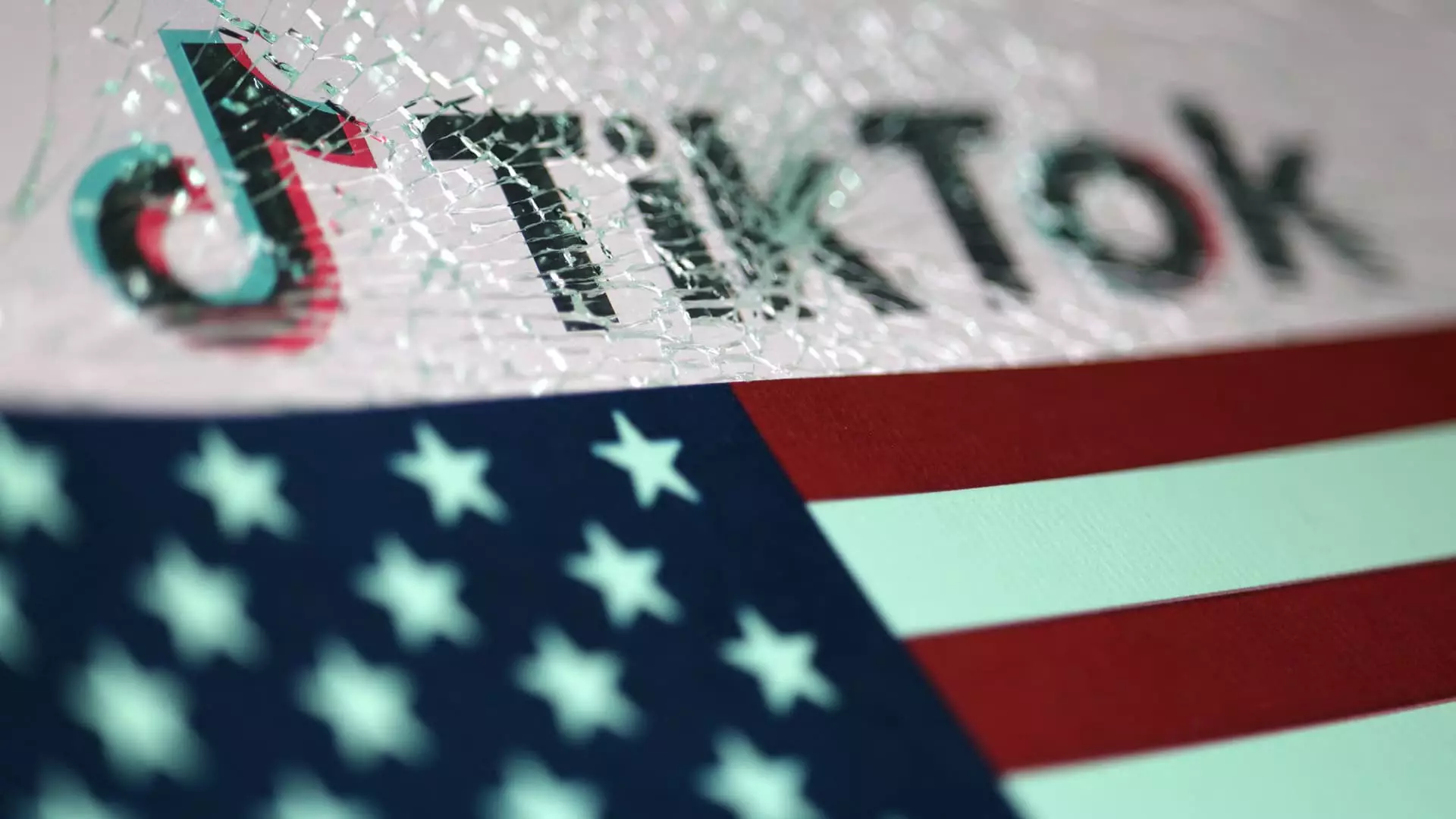As American users of TikTok faced a possible ban due to recent legal rulings, the political landscape shifted dramatically. President-elect Donald Trump’s announcement of an impending executive order aimed at delaying the federal prohibition on TikTok brought a glimmer of hope for the app’s nearly 170 million U.S. users. This decision was accompanied by statements from TikTok expressing gratitude towards Trump for clarifying their operational status, emphasizing the app’s vital role in supporting over 7 million small businesses across America. Such maneuvers underscore the ongoing dance between technology, governance, and free speech.
The intricacies of this situation point to a larger discussion surrounding the First Amendment and the concerns over arbitrary censorship. TikTok’s leadership signaled a willingness to collaborate with the Trump administration to find a sustainable, long-term solution that would ensure the app’s continued presence in the American market. This collaboration is crucial not only for the platform’s survival but also for the economic activities tied to it, as small businesses increasingly rely on social media to engage with customers. The current political climate further complicates these discussions, as various stakeholders push for either expansive regulation or a total ban.
The looming deadline for the TikTok ban tightened tensions as the law was set to take effect on a Sunday, a day that coincided with Trump’s public statement. While many users found themselves unexpectedly locked out of the platform due to the sudden legal changes, some were still able to access TikTok via mobile apps and desktop platforms. This continual access illustrated the porous nature of digital governance, where the reality of usage often diverges from legal constraints.
Trump’s vision of a joint venture with a substantial U.S. ownership stake in TikTok adds another layer of complexity to the app’s potential future in the United States. Although the desire is clear for a “good hands” model of ownership that would alleviate national security concerns, ByteDance’s resistance to selling the platform opens questions about the feasibility of such a model. Thus, TikTok’s fate remains ambiguous as the potential for a shift in ownership clashed with the company’s long-standing position.
As discussions unfold, the TikTok saga serves as a reminder of the intricate interplay between technology, politics, and cultural expression. The app’s survival in the U.S. hinges on broader negotiations that reflect deeper societal values regarding free speech and economic opportunity. The narrative surrounding TikTok will undoubtedly evolve as different factions vie for control and influence, all while users continue to demand access to the platform that has become a staple of modern digital communication. The coming days will reveal whether the currents of political sentiment can secure the app’s future or if its potential banning will mark a significant shift in America’s online landscape.


Leave a Reply